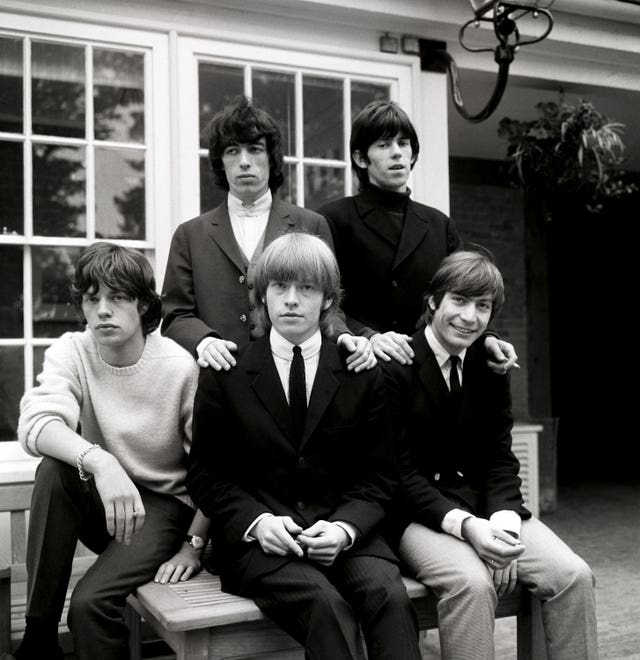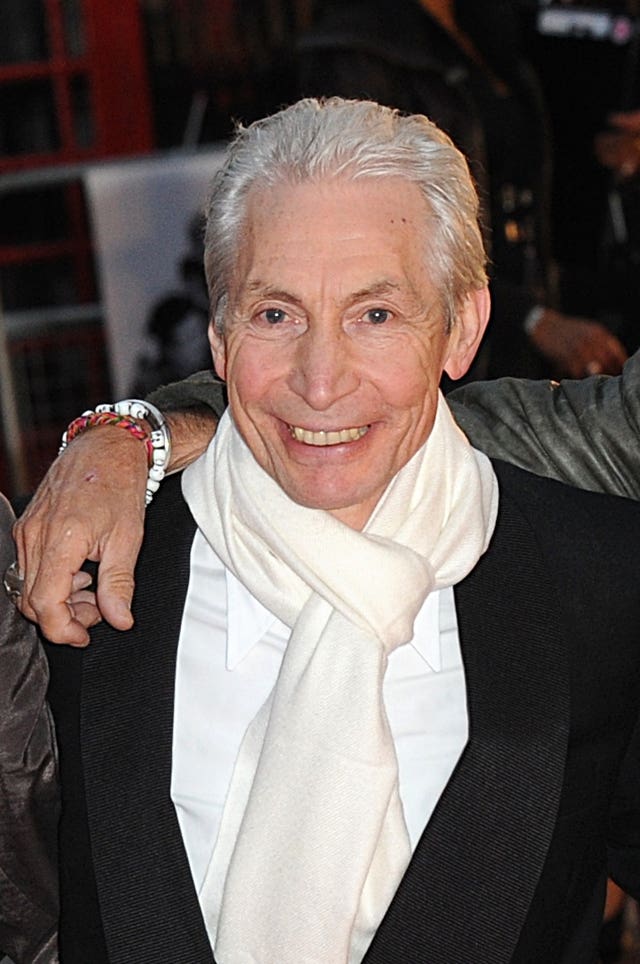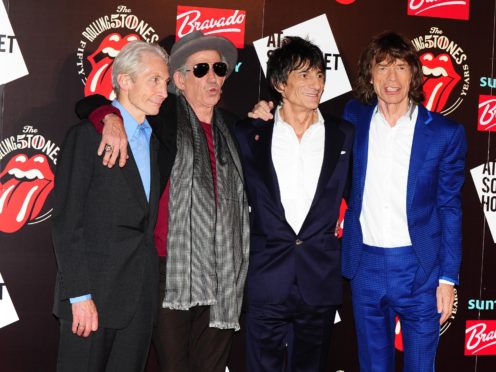The Rolling Stones could retire following the death of drummer Charlie Watts, an author has suggested.
Watts, who died at the age of 80, had been a member of the rock band since 1963 and played on their era-defining tracks.
Following his death, tributes poured in from around the world with Sir Paul McCartney and Sir Elton John praising the musician.
— The Rolling Stones (@RollingStones) August 24, 2021
Earlier this month, The Rolling Stones announced Watts would miss the group’s forthcoming US tour, as he recovered from an unspecified medical procedure.
Steve Jordan is set to replace Watts on the tour.
Tony Barrell, a British journalist and author of books including Born To Drum: The Truth About The World’s Greatest Drummers, suggested the band may consider calling it a day following the loss of their friend.
He told the PA news agency: “When I heard they had to replace the drummer for their new tour, I thought, ‘Oh, can they just carry on?’ Bands have done it, bands have lost important members and carried on.

“If I was the Stones I’d say ‘no’ and jack it in out of respect for Charlie. Because it wouldn’t ever sound the same without him.”
Barrell said The Rolling Stones “could go on forever” and pointed to the band continuing following the death of their founder and original leader Brian Jones in 1969.
However, he believes the remaining members – Sir Mick Jagger, Keith Richards and Ronnie Wood – should bring the curtain down.
He said: “They could carry on again. I don’t know, it remains to be seen what Jagger, Richards and the rest of them think, really. But if I was them, out of respect, I’d call it a day.”
Watts was known for his sophisticated and inventive playing on classic tracks including Jumpin’ Jack Flash, Honky Tonk Women and Brown Sugar.

Barrell credited him with helping keep the band together, offering ballast to counter the other members’ more exuberant styles.
“The Stones respected him enormously and he respected them,” he told PA.
“He was, in a way, the Ringo of the band. Because Ringo is also a great swinging drummer with a quite unusual technique and Charlie was as well. He didn’t need a massive drum kit, like the great prop drummers, he just needed eight or nine bits.
“He used the same cymbals for decades but he knew how to play them and he got what he wanted out of them every time. He was a relentless timekeeper and a perfectionist.”
And it was not only musically where Watts’s more reserved style helped the band, according to Barrell.
He said: “It’s often the drummer’s role to be a diplomat in the band, stop people fighting. And Charlie would smooth things over with a bit of dry humour and he was a great arbiter.”
Asked to sum up Watts’s legacy, Barrell said: “He’s a towering example of how to play fantastic drums in a rock and roll band. That’s his legacy, I think.”
